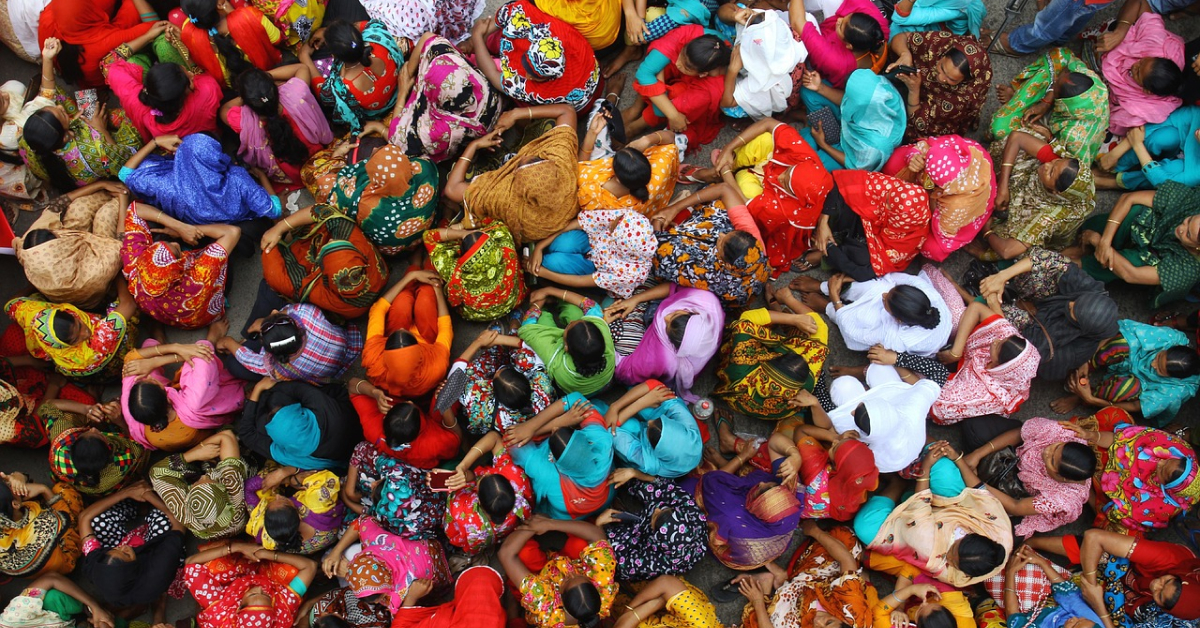The Importance of Inclusive Data Collection
Population data is more than just numbers; it is a powerful tool that shapes policies and programs aimed at improving lives. Inclusive data collection ensures that every individual is represented, regardless of their background, nationality, geography, or socioeconomic status. This comprehensive approach helps identify and address disparities, ensuring resources are distributed fairly and effectively.
Accurate and inclusive data is crucial for tracking progress towards the Sustainable Development Goals (SDGs), particularly those related to health, education, and poverty reduction. It allows governments and organizations to understand the needs of diverse populations and to create targeted interventions that promote equity and inclusion.
The Call to Action
In his message, the UN Secretary-General highlights the need to accelerate efforts and investments to turn the promises of the ICPD Programme of Action into reality. This includes ensuring that population data collection processes are thorough and inclusive, capturing the experiences and needs of all individuals.
The call to action urges governments, organizations, and individuals to prioritize inclusive data collection as a means to promote social justice and sustainable development. By doing so, we can ensure that every person is counted and that no one is left behind.
The Role of ADR/ODR in Addressing Population Challenges
Alternative Dispute Resolution (ADR) and Online Dispute Resolution (ODR) mechanisms play a pivotal role in managing disputes arising from population-related issues. These methods offer efficient, accessible, and cost-effective alternatives to traditional litigation, making them particularly suitable for resolving complex and sensitive disputes.
To illustrate the practical application of ADR/ODR in population-related disputes:
- Land Disputes: In rural communities facing demographic shifts and land ownership disputes, ADR has been instrumental in resolving conflicts over inheritance, land use rights, and community resource management.
- Resource Allocation: ADR/ODR processes have successfully resolved disputes over water rights, forest management, and mineral extraction rights, ensuring equitable distribution and sustainable utilization of natural resources.
- Community Conflicts: ADR/ODR has mediated conflicts arising from urbanization, infrastructure development, and demographic changes, promoting consensus-building and community cohesion.
On World Population Day, we recognize the interconnectedness of global demographic challenges and the imperative for sustainable development. ADR and ODR emerge as indispensable tools in managing and resolving population-related disputes effectively. By promoting accessibility, efficiency, and fairness, ADR/ODR not only facilitates timely resolutions but also contributes to achieving broader societal goals of peace, justice, and sustainable development.
As we continue to navigate the complexities of a growing global population, integrating ADR/ODR into policy frameworks and community practices can pave the way for inclusive and resilient societies, where disputes are resolved with dignity and equity.
At PrivateCourt, we stand with the global community in advocating for comprehensive and inclusive population data. We believe that by working together, we can create a world where every voice is heard and every need is met.
Let us embrace the spirit of inclusivity and work towards a future where no one is left behind.
keywords: world population day, world population day 2024, what is world population day, world population day 2024 theme, world population day poster, world population day speech, world population day theme 2024, world population day slogan, population day theme 2024, world population day quotes, theme of world population day 2024, world population day 2024 theme in india, world population day theme, world population in 2024, population in 2024

